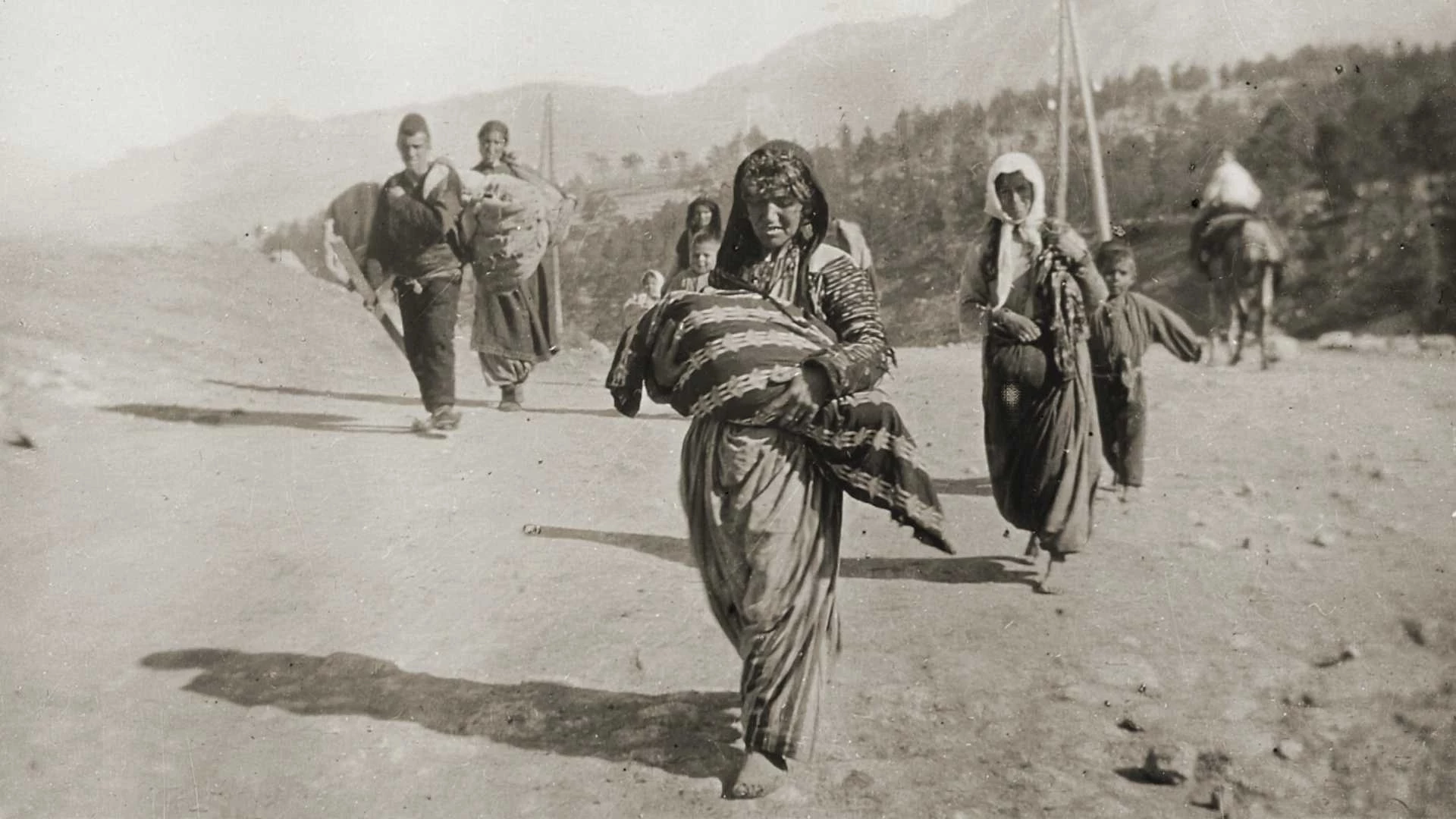20. Jahrhundert: 1914-1945 | Nationalsozialismus
Foreign Affairs
After seizing power in 1933, the Hitler government presents itself as peace-loving towards the victorious powers of World War I, but, in fact, pursues a massive rearmament policy. The defined foreign policy goal is the revision of the "dictated peace" of Versailles, which had stipulated in 1919 that Germany was to cede large territories and pay high reparations. This is unacceptable to Hitler. He systematically violates the treaty provisions, thus testing the treaty powers’ ability to act. Under the guise of the peoples’ right to self-determination, the Saar region, Austria and the Sudentenland are soon incorporated into the Reich. For too long, France and England confine themselves to verbal condemnations and a policy of concessions. On September 1, 1939, the Wehrmacht attacks Poland and plunges Europe into a new war.
mehr
weniger
Adolf Hitler, responsibility for causing the war, war guilt, Vatican, Catholic Church, autonomy, disarmament talks, League of Nations, Poland, non-aggression pact, Saar Basin, iron ores, coal, referendum, Great Britain, England, Appeasement policy, France, Rhineland, march in, preparations for war, Austria, invasion, Czechoslovakia, Sudetenland, Konrad Henlein, Münchener Abkommen, Prag, public international law, Russia, Stalin
Geeignet für die Fächer:
Geschichte


